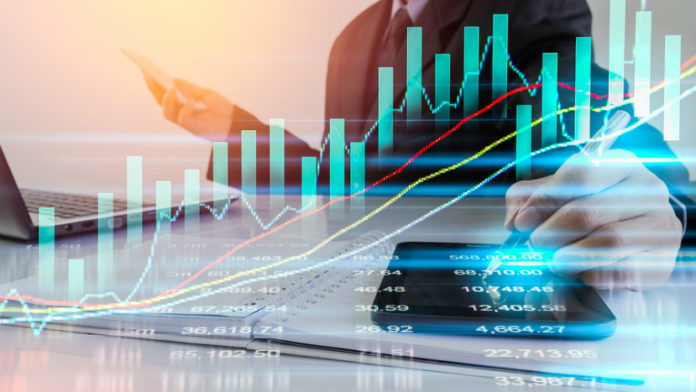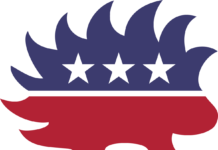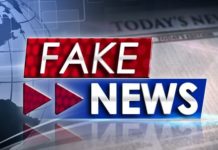Previous GLM Forecast
GLM in our last economic outlook forecast published in September 2019, we accurately predicted that there would be no recession in 2019 and that the US economy will continue its solid growth while the rest of the world falters ( https://globallibertymedia.com/glm-economic-outlook-sept-2019/ ). Our outlook was based upon the idea that the underlying economy was strong despite all the economic and political scare-mongering that was going on at the time. Many pundits took to the media to announce the inevitability of a recession due to the inversion of the yield curve. In our view, the yield curve accurately predicted 11 of the last 6 recessions and is a man-made construct that is effective at predicting recessions only in hindsight. Despite the slowdown across the world, the US continued to grow and fear of a yield curve inversion is just that, fear which is all the yield curve can measure.
Current Fears
US-China trade tensions and Brexit are no longer the fear-of-the-day for 2020. Those two fear factors are fading with the US and China signing a Phase 1 deal and a relatively uneventful Brexit assumed on January 31, 2020.
The newest fear in the headlines is that of the coronavirus outbreak in the province of Wuhan China. Chinese authorities in true totalitarian fashion severely restricted travel for the Chinese populace and effectively placed entire cities under house arrest to prevent the spread of the virus. Fear in the world of economics can be self-fulfilling and the last big pandemic panic with SARS led to plunging GDP as people hid in their homes and business ground to a standstill. This despite the fact that the death toll from such diseases such as SARS, Bird Flu, and Swine Flu put together were tiny compared to the normal everyday types of flu that come ever year. With modern communications, medicine, and the speed of antibody research, it is unlikely that a pandemic will reach the level of mortality experienced during the Spanish Flu of 1918 where up to 10% of the world’s population died as a result. Simply the fear of a pandemic can have real-world impact that is multiple times bigger than the actual event.
The stock market has gone up in a parabolic (hockey stick) fashion since Q4 2019 and the consensus among capital market pundits is that the US stock market is overvalued. This may be true. The stock market is probably the best reflection of the blend between existing economic conditions and future sentiment more so than any government reported, backwards-looking economic numbers. However, there are times when the stock market gets ahead of itself and regular corrections in valuation occur. A major correction coupled with ongoing bad news and fear related to the coronavirus in China could throw economic growth for a loop.
The final big risk factor for 2020 is the upcoming US elections. Should Bernie Sanders or Elizabeth Warren look like they will capture the Democratic Party’s nomination (however unlikely), there will be a severe negative reaction that will last through the election. We can look to declines in capital investments and GDP as companies sit out future plans to see what the results of the election will be. If either of those two actually win the national elections, then the economy will most certainly go into free-fall and recession.
GLM Economic Forecast as of Q1 2020
It is our view that despite the potential for a short-term US stock market correction, the coronavirus outbreak in China (both of which could negatively impact sentiment and result in a very world-wide economic decline), and the populism of anti-capitalist forces in the Democratic Party, we believe the economy will grow, albeit slowly in 2020. Our assumption is that the coronavirus is contained as previous pandemics have been, a correction will occur in the US equities markets followed by a quick recovery of the markets, and neither Warren nor Sanders gets nominated by the Democrats. Should those hold true, the continue strength of corporate earnings and historically low employment, along with high consumer confidence should continue to push the US economy forwards through the rest of 2020 and into the election.

























